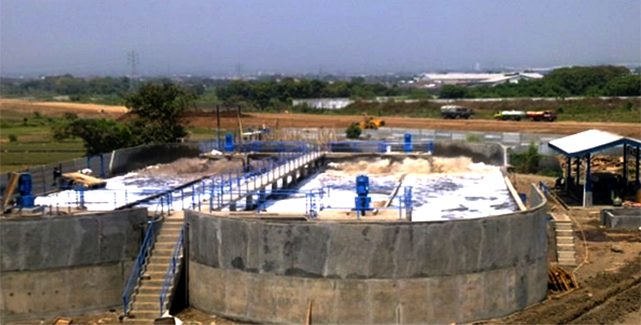
Since 1989, we have built more than 200 treatment plants for water and wastewater, most of them on a turnkey basis. Our technicians and engineers are willing and ready to work in every part of Indonesia, including rural and remote areas and outside Indonesia.
We can provide “one-stop shopping” for our clients since we do problem identification, sample analysis, site survey, design and engineering, plant erection, construction, equipment supply and installation, and commissioning.
Our water treatment plant (WTP) integrates conventional methods like coagulation, flocculation, sand, and carbon filtration with advanced membrane technologies, including ultra-filtration and reverse osmosis. These processes deliver clean, potable, and demineralized water suitable for diverse applications.
We specialize in producing ultra-pure water with a conductivity of 0.055 μS/cm at 25 ºC, catering to pharmaceuticals, electronics, and research industries. Our advanced systems ensure reliable treatment of various raw water types, consistently delivering high-quality water through cutting-edge technology and expertise in membrane filtration processes.
1. Environmental protection
Untreated wastewater can pollute rivers, lakes, and oceans, harming aquatic life and contaminating the water supply for human consumption. By treating wastewater, we can reduce the negative impact on the environment.
2. Resource conservation
Water is a finite resource, and recycling and reusing it whenever possible is essential. Treating wastewater allows us to do this, rather than constantly using new freshwater sources.
3. Public health
Untreated wastewater can contain pathogens and other contaminants that can harm human health. We can reduce the risk of waterborne diseases and other health problems by treating wastewater.
4. Economic benefits
Treating wastewater can be expensive but can also provide economic benefits. For example, treated wastewater can be used for irrigation, industrial cooling, and other purposes, saving businesses and industries money on the cost of fresh water.
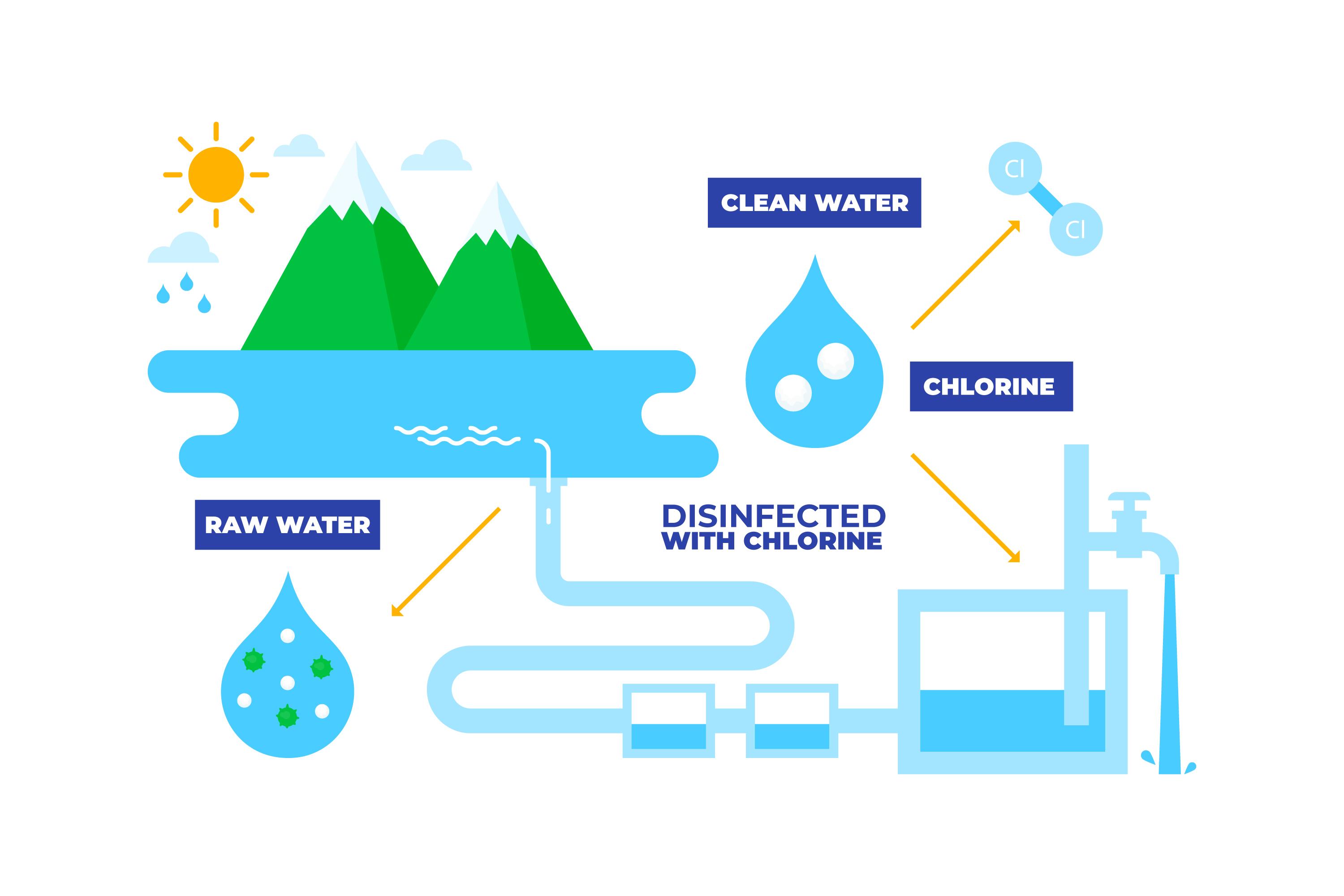
1. Intake and Screening:
- Water Treatment: Raw water is screened to remove large debris.
- Wastewater: Similar screening removes trash and grit.
2. Coagulation and Sedimentation:
- Water Treatment: Chemicals like alum cause particles to clump together (flocculation), settling impurities at the bottom.
- Wastewater: Sedimentation removes heavy solids (sludge), with oils skimmed off the surface.
3. Biological Treatment (Wastewater only):
- Microorganisms break down organic matter in wastewater through aeration.
4. Filtration:
- Water Treatment: Sand, gravel, or membrane filters remove finer impurities.
- Wastewater: Tertiary filtration enhances clarity and removes nutrients like nitrogen.
5. Disinfection:
- Both processes utilize chlorine, UV light, or ozone to kill bacteria and pathogens.
6. Final Polishing and Storage:
- Water Treatment: Clean water is stored in reservoirs for distribution.
- Wastewater: Treated water is reused or safely discharged into the environment.
7. Sludge Management:
- Wastewater generates sludge during primary and biological treatment, which is processed for disposal or reuse (e.g., fertilizers).
Water Treatment Indonesia
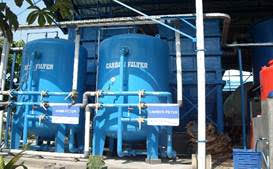
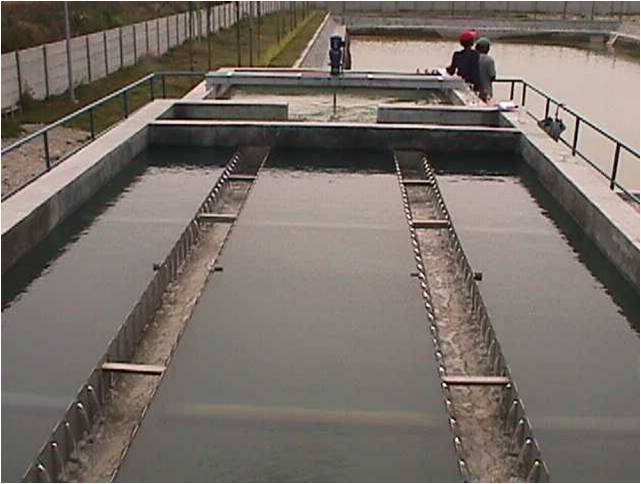
INDOFOOD – FID SUPER SILICA SEMESTA - SERANG
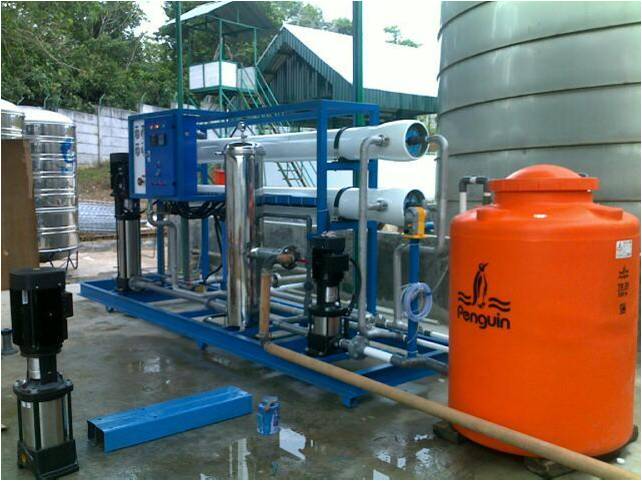
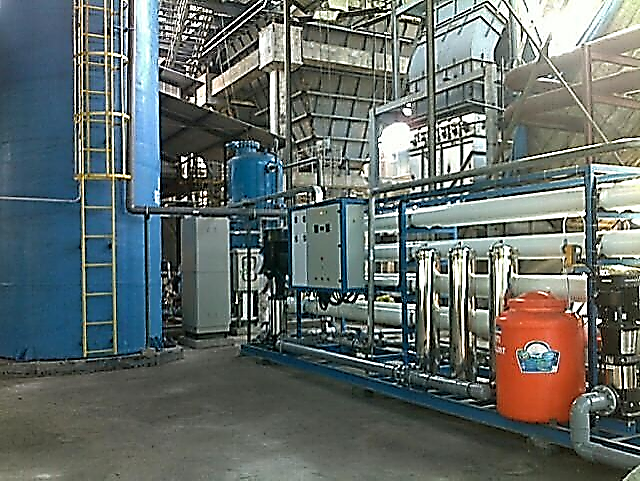
WATER TREATMENT MEDCO PAPUA – MERAUKE WATER TREATMENT SUGAR LABINTA – LAMPUNG
Wastewater Treatment Plant in Indonesia
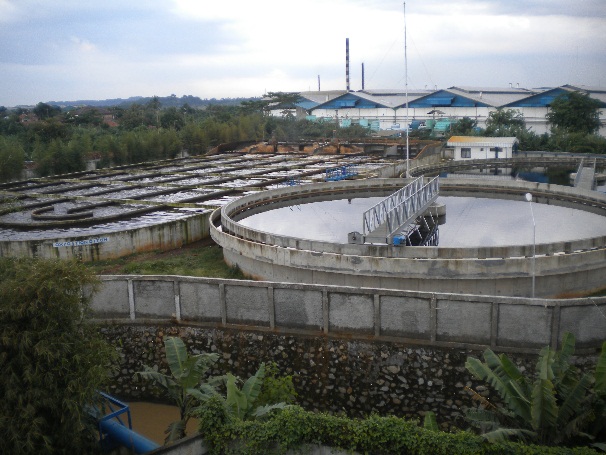
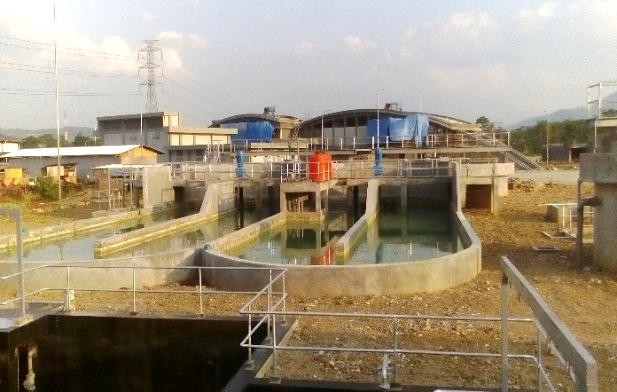
ASIETEX SINAR INDOPRATAMA – CIKARANG BEVERINDO INDAH ABADI – SEMARANG
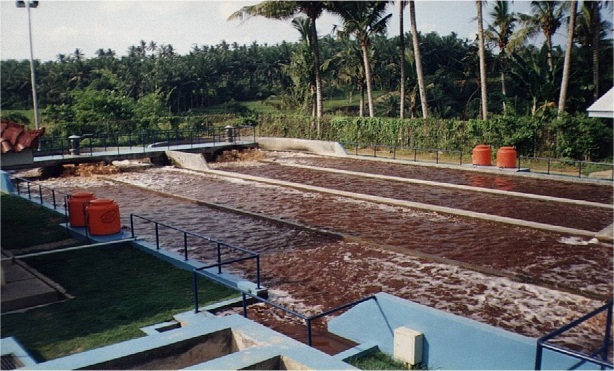
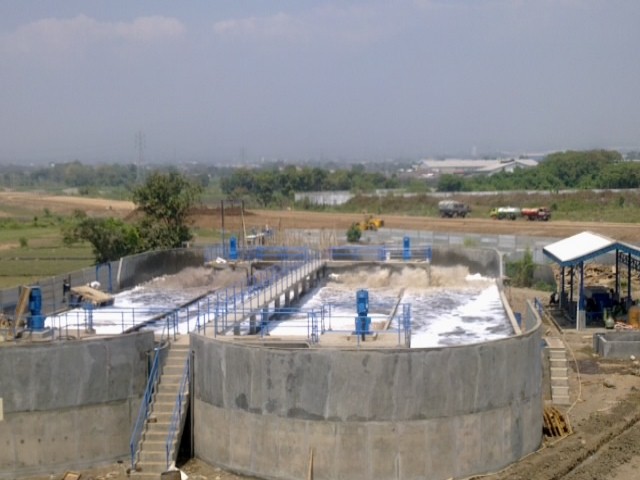
SINAR SOSRO – BALI WWTP CS2 – PANDAAN
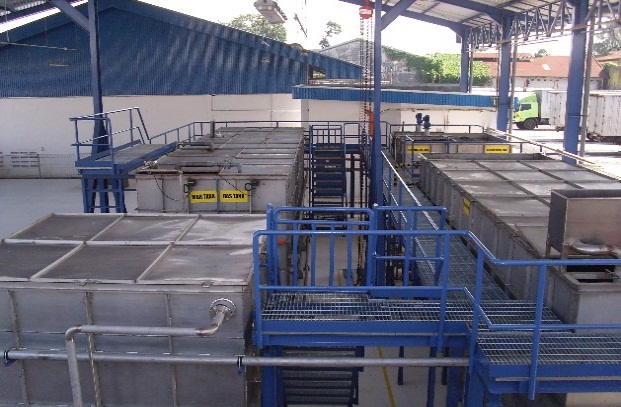
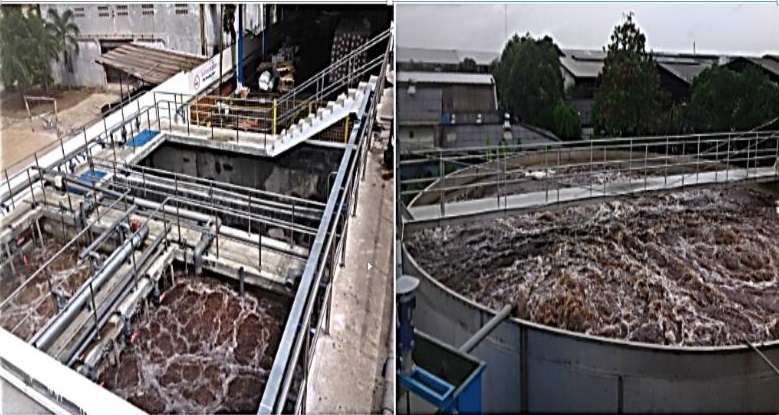
BENTOEL – MALANG WWTP CS2 – TANGERANG